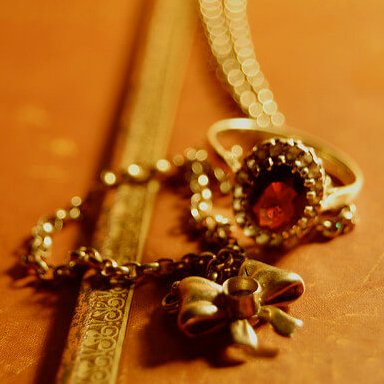How do courts treat inheritances on divorce? Does an inheritance belong to the party who received it, or does it go into the ‘pot’ for division between both parties?
The answer to this common question is, as so often, “it depends”.
The primary thing that it depends upon is whether there are sufficient other assets to meet the needs of the parties. As explained in this post, the financial needs of the parties is one of factors to which the court must have regard when deciding what financial orders to make on divorce. In many cases needs can be the most important factor, especially when there are limited funds to go around.
In cases where the other assets are not sufficient to meet the needs of both parties, the court may consider the needs of the parties to be more important than the wishes of the person who left the inheritance, and the inheritance will be used to meet those needs.
On the other hand if the other assets are sufficient to meet the needs of both parties, the court may leave the inheritance out of account so that, for example, the other assets may be divided equally, with the inheritance remaining with the party who received it.
When the inheritance is received may also be relevant. For example, an inheritance that was received long before the divorce may have become ‘mixed’ with other property/money, so that it is simply impossible to distinguish it from ‘matrimonial’ property. If, however, the inheritance is received close to the divorce or after the parties separate, it may be more likely that the court will leave it out of account. Note, however, that the court can, in certain circumstances, take into account inheritances that have not yet even been received.
If you would like further advice as to how an inheritance might be treated in your case, Family Law Café can help you find it. To contact us click the Contact link above and fill in the form, or call us on 020 3904 0506.
Image: inheritance, by Lauren C, licensed under CC BY 2.0.

